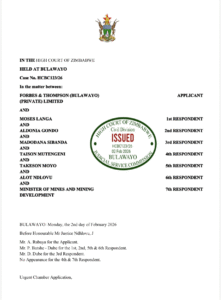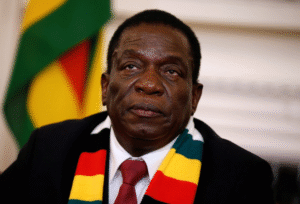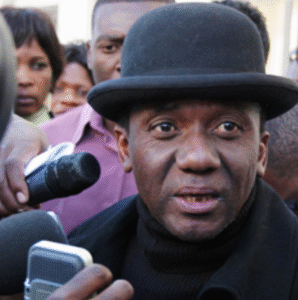ZIMBABWE’S CONSTITUTIONAL CRISIS: SPEAKER DEFIES COURT ORDER, SACKS OPPOSITION MEMBERS

In an audacious display of authority that has sent ripples through Zimbabwe’s political sphere, the Speaker of Parliament, Jacob Mudenda, has sanctioned the removal of 18 key opposition figures from the Citizens Coalition for Change (CCC), including Members of Parliament and senators. This decisive action flies in the face of a High Court directive that explicitly ordered a halt to these recalls, pending a challenge by the opposition party led by Nelson Chamisa. The legal hearing concerning this matter is scheduled for November 20th at 2:30 pm. However, Mudenda’s preemptive measure has already sparked a national debate on the health of democracy and rule of law in Zimbabwe.
The saga of the recalls is a complex narrative, intertwining allegations of state security involvement and covert operations by political activist Sengezo Tshabangu among others. The controversy gained momentum following a High Court session where Justice Tawanda Chitapi instructed Mudenda to pause these actions while the court reviewed the CCC’s challenge to his authority. This directive was communicated to Mudenda’s lawyer shortly before Parliament was set to convene. Nevertheless, in what appears to be a clear act of defiance, Mudenda proceeded to announce the recalls, fully aware of the court’s decision relayed through his attorney.
This breach of protocol is alarming, suggesting a direct challenge to the High Court’s authority and, by extension, the principles of judicial oversight and the separation of powers that underpin democratic governance. The blatant disregard for a judicial order not only undermines the judiciary but also signals a grave threat to Zimbabwe’s constitutional democracy. Such actions typically precipitate severe legal repercussions, including contempt of court charges, underscoring the unprecedented nature of Mudenda’s conduct.
Mudenda’s move to press ahead with the opposition’s removal, in spite of judicial counsel to the contrary, is indicative of a larger trend of arbitrary and partisan maneuvers within Zimbabwe’s political landscape. This act not only questions the integrity of parliamentary proceedings but also casts doubt on the country’s commitment to democratic principles and the rule of law.
As Zimbabweans and international observers await the upcoming legal review, there is palpable concern for the future of the country’s parliamentary democracy. The challenge posed by the CCC against Mudenda’s authority, set against the backdrop of political tension and legal controversy, stands as a critical test for Zimbabwe’s dedication to constitutional governance and judicial independence. This episode not only underscores the precarious state of democracy in Zimbabwe but also emphasizes the urgent need for a recommitment to the foundational principles of constitutional order and respect for the rule of law.





